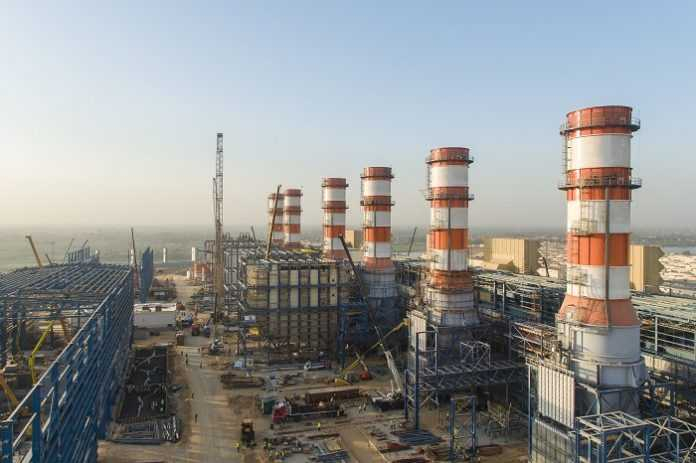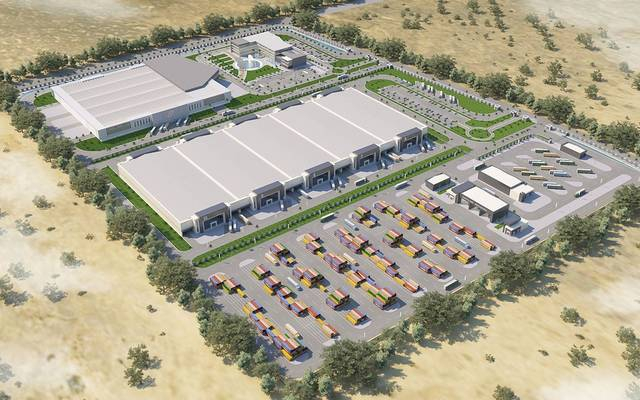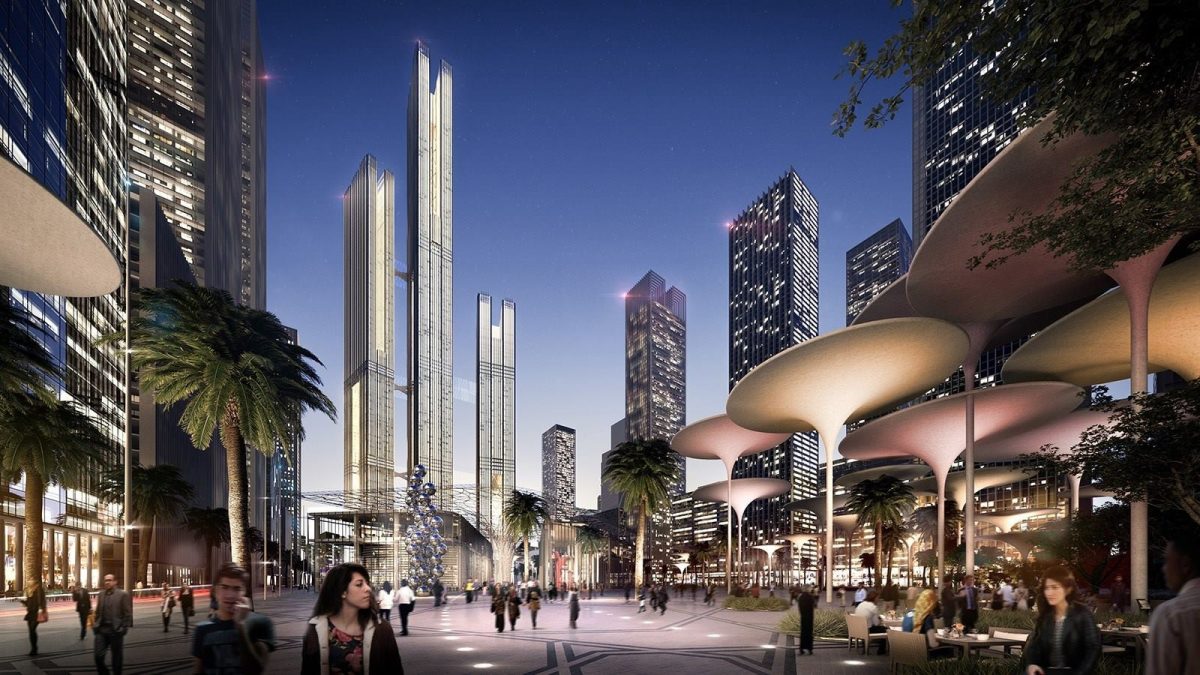

A US $2.3bn 2300 MW gas-fired combined cycle plant is set for construction in Egypt following a deal signed between a Egypt and Saudi Arabian utility developer, ACWA Power.
The Egyptian electricity minister, Mohamed Shaker said the plant, which will have a capacity of 2 250 MW, will be built in Luxor province. He further pointed out that the facility is expected to be operational by 2023 at the latest. ACWA Power will be partnering with the Egyptian group Hassan Allam, one of the most reputable local companies in Egypt on the project, highlighting the company’s commitment and belief in the Egyptian Market.
Commenting on the signing, Paddy Padmanathan, President & CEO of ACWA Power said, “Signing the PPA today represents a significant step in the development of the project, more importantly it demonstrates the commitment of the Egyptian government to encourage the participation of the private investors in infrastructure projects.”
The project comprises the development, design, engineering, procurement, construction, financing, operations, and maintenance of a Combined Cycle Gas Turbine power plant capable of firing natural gas and alternative liquid fuel. The first operational phase is expected to begin in mid-2022 and full operations to commence by 2023.
The PPA is under a Build-Own-Operate framework with a term of 25 years. The project will be vital in meeting Egypt’s increasing demand for electricity over the next years, particularly in the Upper Egypt region. ACWA Power is also pursuing a number of other opportunities to consolidate its presence and support the Egyptian Market, notably a 200MW Solar PV project in Kom Ombo and a pipeline of more than 500MW wind projects, in addition to three solar photovoltaic power plants in Benban of 165.5MWp total capacity within the Feed-in-Tariff (FiT) program round II which are still under construction by ACWA Power.
Egyptian President Abdel Fattah al-Sisi recently opened three new power stations in July built at a total cost of US $7bn as part of the country’s plans to plug a gap in power generation and fuel its development drive.





